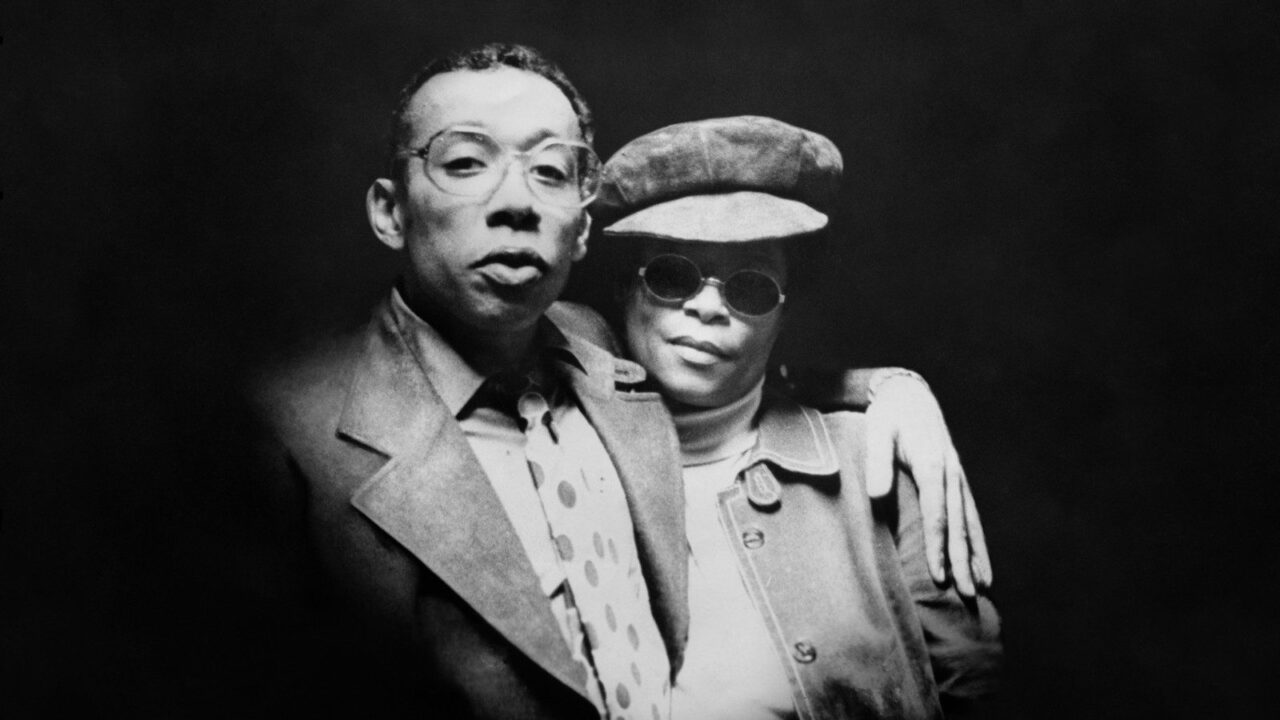Larry’s audio of Helen’s posthumous interview narrates the documentary, and it is every bit as intriguing and sobering as one would expect.
Ever since “La La Land” sang and danced its way into the heart of Hollywood last year, the interest in jazz music has been rising. I’ll admit to creating multiple Spotify playlists to familiarize myself with the legendary musicians of a genre I had yet to fully discover. Although, I realized that after watching the documentary “I Called Him Morgan,” the light and airy jazz scene image I had envisioned a lá “La La Land” is comparable to the Disney version of Jazz music. “I Called Him Morgan” shows the dark side of the soulful sound– from drugs and deceit to an untimely death.
February 20, 1972. Wunderkind trumpeter, Lee Morgan, was shot to death on a snowy night in a New York City jazz club. His death sent shockwaves throughout the music community for many reasons. First, there was his undeniable talent. Morgan was 16 years old when he first broke onto the scene and was held in high regard ever since. Second, was his age, which was only 33 at the time of his death. He had a lifetime of music ahead of him and many felt robbed of enjoying what was perceived as his future potential. But the most shocking reason of all was who the person responsible for killing him was– his common-law wife, Helen Morgan.
Helen was arrested on the spot and sentenced to time in prison. After her release, she enrolled in a local college where she met a western civilizations teacher, Larry Reni Thomas. A jazz enthusiast, Larry was determined to interview Helen while he still had the chance. In 1996, 20 years after her release from prison, she agreed to talk to Larry. One month later, Helen died. Larry’s audio of Helen’s posthumous interview narrates the documentary, and it is every bit as intriguing and sobering as one would expect.
While her actions were unforgivable, it is easy to sympathize with a woman who felt unloved.
Interviews with Lee’s old bandmates, peers, and his mistress (the cause of Helen’s deadly motivation) are sprinkled in throughout the film which proves just as eye opening as Helen’s testimony. They speak to Lee’s struggles with drugs and his career low, which happened to be the time when he met and became dependent on Helen, who was 14 years older than him. Their anecdotes give the film a fuller bodied narrative as opposed to just hearing one side of the story. Helen doesn’t deny her guilt, in fact, she confesses, hoping it was all a terrible nightmare that she would wake up from, the moment after she shot Lee. Her personal struggles could only be conveyed in the first person, and that is why hearing her side of the story before her death is priceless. From conceiving her first child at 13 years old and her second at 14, to meeting Lee and dealing with his affair, her life was never easy. While her actions were unforgivable, it becomes easier to sympathize with a woman who felt unloved.
Directed by Kasper Collin (“My Name Is Albert Ayler”) with cinematography by Oscar-nominated DP Bradford Young (“Selma,” “Arrival”), “I Called Him Morgan” has made the rounds on the festival circuit, playing at TIFF, Venice, and NYFF. For those interested in learning more about the history of the Jazz community, or even for those familiar with Lee Morgan and just want to hear Helen’s side of the story, this documentary is enthralling from start to finish.
“I Called Him Morgan” is not rated. 91 minutes. Now playing at Laemmle’s Monica Film Center and Laemmle’s Playhouse 7.
Morgan Rojas
Certified fresh. For disclosure purposes, Morgan currently runs PR at PRETTYBIRD and Ventureland.

